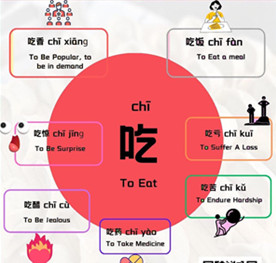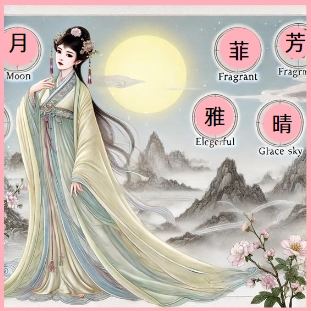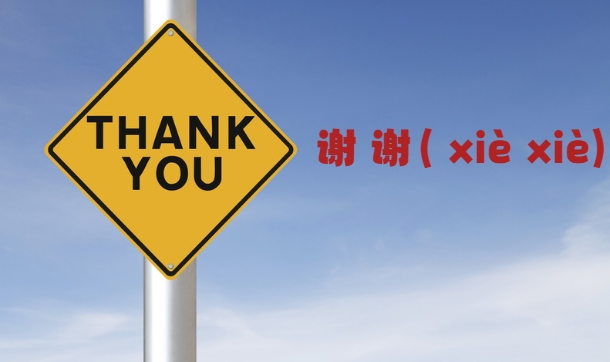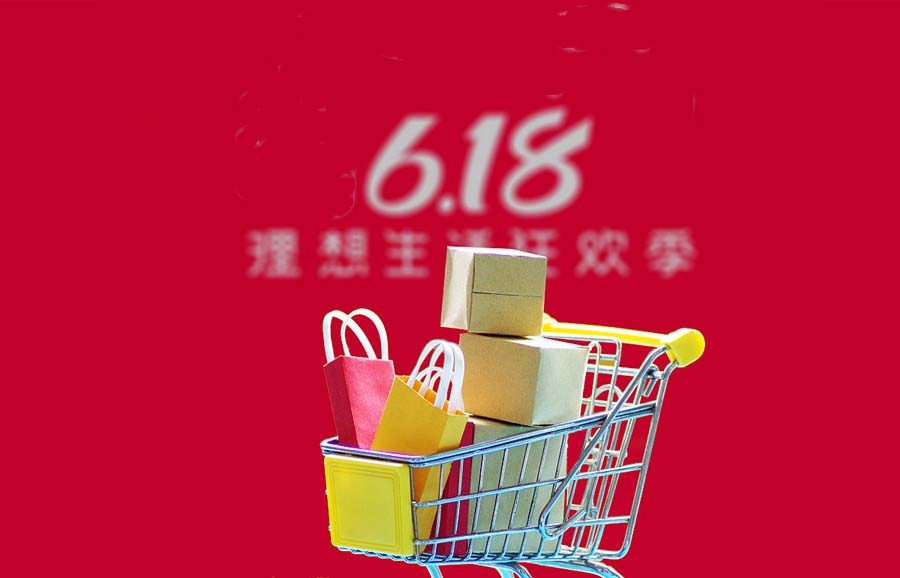Things to Know about Chinese Shopping Culture
Chinese shopping culture you should know! Visiting or living in China, you need to know things about shopping culture in China, whether you’re shopping for clothes, food, or souvenirs, it can help you gain a new cultural experience and find the right thing!
1, The Evolution of Payment Methods in China: From Cash to Digital Payments
In China, payment methods have undergone a significant transformation in recent years. Traditionally, most Chinese people preferred to carry cash rather than rely on credit cards, especially when shopping at department stores, small convenience stores, local restaurants, and street vendors. Cash (in the form of Chinese Yuan or RMB) was the predominant mode of payment. However, with the advent of mobile payment technologies, this scenario has changed dramatically.
Today, most merchants across China not only accept cash but also widely support digital payment platforms like WeChat Pay and Alipay. These two platforms have revolutionized the way transactions are conducted, especially in modern shopping centers, where they have become the primary means of payment. Consumers now prefer to use their smartphones to pay for goods and services, rather than carrying cash.
Alipay and WeChat Pay: The New Norm in Chinese Payments
Alipay and WeChat Pay have become ubiquitous in China, offering a level of convenience and security that has quickly made them the preferred payment options for many.
- Alipay is an online payment platform launched by Alibaba Group. It started primarily as a tool for e-commerce payments but has since expanded to cover a wide range of financial services. Users can top up their Alipay wallet directly from their bank accounts, allowing them to make payments at almost any store in China, from high-end retailers to small street vendors. Alipay also supports international credit cards, making it accessible for tourists and expatriates.
- WeChat Pay is integrated into WeChat, China’s most popular social media and messaging app. Similar to Alipay, WeChat Pay allows users to link their bank accounts to their WeChat account, enabling seamless payments directly from the app. WeChat Pay has become a vital part of daily life in China, from paying for groceries to splitting bills among friends. The platform’s widespread adoption is evident as even local markets and small vendors have QR codes displayed for customers to scan and pay via WeChat.
The widespread use of these platforms has significantly reduced the need for cash, particularly in urban areas. However, in more rural or less developed regions, cash still plays an essential role, and visitors are advised to carry some RMB to ensure smooth transactions in these areas.
The Role of RMB in Modern Transactions
Renminbi (RMB) or Chinese Yuan (CNY) remains the official currency in mainland China. The Yuan (also referred to as Kuai in Chinese) is the basic unit, and it’s divided into 10 jiao/mao or 100 fen. There are banknotes in denominations of 1, 2, 5, 10, 20, 50, and 100 Yuan, and coins in denominations of 1 Yuan, 1 and 5 jiao, and 2 and 5 fen. However, small-denomination banknotes and coins like fen are rarely used today.
Despite the growing dominance of digital payments, RMB remains indispensable, especially in regions where mobile network coverage is limited, or where merchants prefer traditional transactions.
2, The Discount System in China
Everyone loves a discount. The bigger the better. But when it comes to Mandarin discounts, they are expressed the opposite of English. So don’t get too excited when something is marked 九折jiǔ zhé (90%),i t means you can buy it for 90% of its regular price – a 10% discount.

7 折 qī zhé 30% off you will pay 70 percent of the original price
2折 èr zhé 80% off you will pay 20 percent of the original price
You may also encounter the phrase “…zhé qĭ (折起)”, such as “2折起 (2 zhé qĭ),” which means you can get discounts up to 2 zhé, or up to 80 percent off.
You might found it is confusing at first, good thing is a lower number means a better deal.
3, Vendors Expect You to Bargain
Bargaining is acceptable in most Chinese stores, except in the supermarket or some shopping malls in which the goods have clear fixed prices and the staff is not allowed to grant discretionary markdowns. But vendors at night markets, antique stalls, or personal booths at other shopping centers usually expect customers to bargain.Try bargaining every time you shop; you may get a great price reduction and enjoy the fun and pleasure of shopping.
- Don’t express too much interest. Even if they can’t understand everything you’re saying, they’re watching your reactions.
There are some words will help you.
duō shăo qián? 多少钱? How much is it?
tài guì le! 太贵了 Too expensive!
piányì diănr ba! 便宜一点儿吧! Cheaper little bit! Can you give me this for cheaper
zài piányì diănr ba! 再便宜点儿吧! More cheaper little bit!
bú mǎi le 不买了 I don’t want to buy it
4, Bargaining with Your Hands
Speaking a little Chinese may be very helpful, don’t worry about speaking Chinese fluently, A calculator or a paper and pen held in the seller’s hand may ease the communication of prices between you.
Another way is to talk with your hands Chinese number gestures allow you to use your hand to signal the numbers one through ten, a “handy” way of naming your price.
 5, Sometimes salesperson will follow you, you will get exactly what you want.
5, Sometimes salesperson will follow you, you will get exactly what you want.
The walk-away: Let’s say after a few rounds, if the price proposed by the seller is still unacceptable and outside your budget, you can walk away, the salesperson will follower you. Usually, you will be called back again, and the price you offer may be accepted by the shopkeeper.
You’ll need to be equally tenacious when you’re bargaining to get a good deal.
When bargaining, you should be insistent and friendly, always with smile on your face. If the seller doesn’t make concessions on the offered price, you just walk away because in most cases, the seller will call you back to give in to you. When you bargain successfully, you should buy the article. If not, the seller will become angry with your impoliteness.








